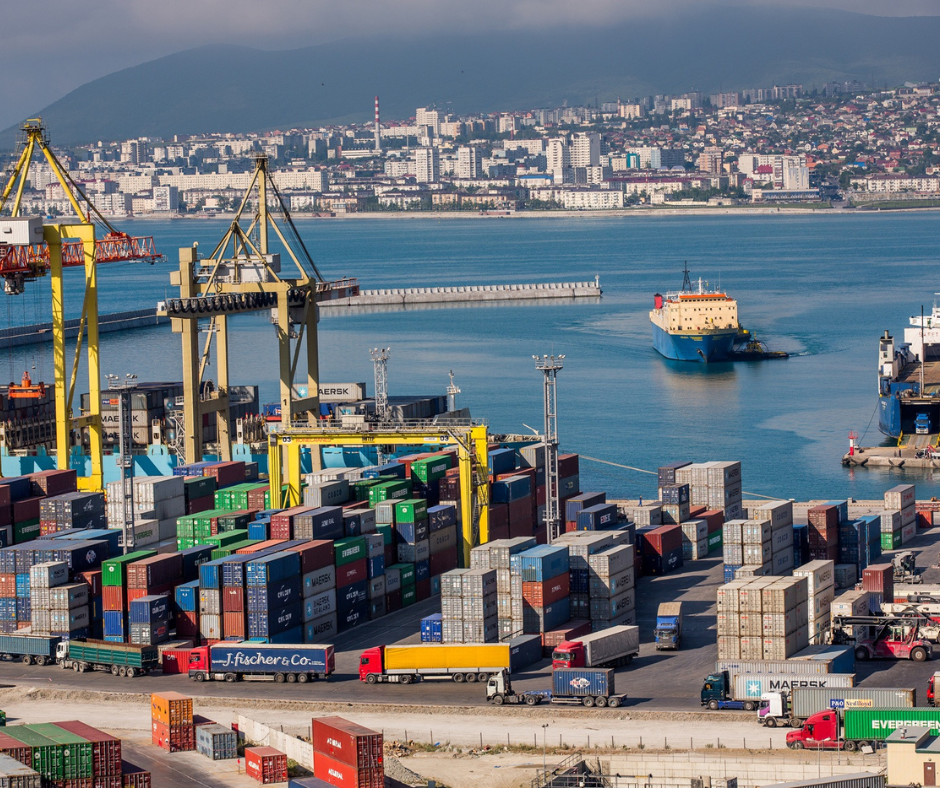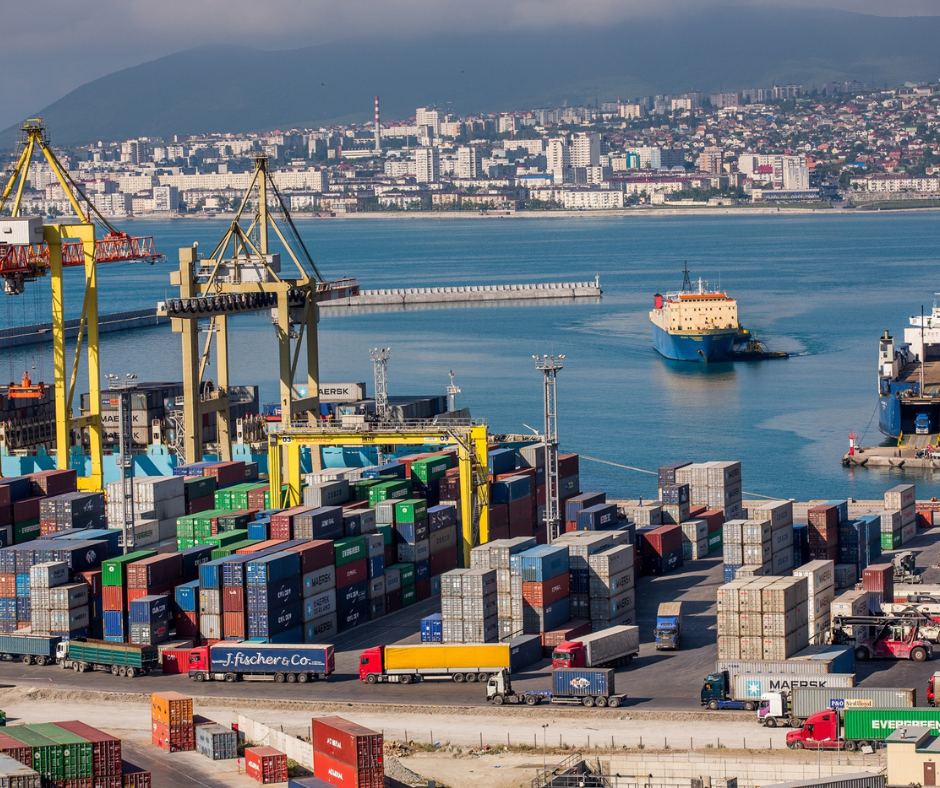Chinese sea ports removed nucleic acid tests or centralized quarantines for incoming crew members who change shifts, starting on Sunday, as part of the latest moves to optimize COVID-19 response.

Experts said the policy shift will inject new momentum into trade, making business schedules more measurable, and a full recovery is expected in the second half of the year.
Nucleic acid test and quarantine will no longer be implemented for incoming crew members who are changing shifts, according to a notice jointly issued by Ministry of Transport, Ministry of Foreign Affairs, National Health Commission, the General Administration of Customs, National Immigration Administration, and Chinese Center for Disease Control and Prevention on Saturday.
Crew members of international voyage ships who intend to come to China and change shifts at Chinese ports should carry out a nucleic acid test 48 hours before the ship leaves the last overseas port, the statement said. Those who test positive need to be treated in a timely manner.
Moreover, all cities and provinces in China no longer implement the approval system for the crew of international voyage ships to change shifts at domestic ports, and only perform entry-exit inspection.
Several major ports in China have followed suit as of Sunday, the Global Times learned.
The moves have received support from industry insiders who are expecting a trade rebound soon.

A person with a large international shipping company told the Global Times on Sunday that it is exhilarating news for shipping companies, since crew changes can be conducted as scheduled, which is more efficient and measurable.
“We are looking for specific details regarding the implementation of the measures in localities,” she said.
A manager with a local logistics company in East China’s Jiangsu Province surnamed Zhao said that the lifting of the restrictions simplifies procedures, cuts costs and increases confidence among companies doing business in international trade.
“It will be conducive to the rapid flow of trade. For port companies, they can effectively reduce logistics costs while promoting efficient operation of the entire logistics channel and the growth of the foreign trade industry,” Zhao Nan from the Shanghai International Shipping Research Center told the Global Times on Sunday.
A full trade recovery is expected in the second half of the year, probably around October, the expert said.
Source: Hellenic Shipping News






